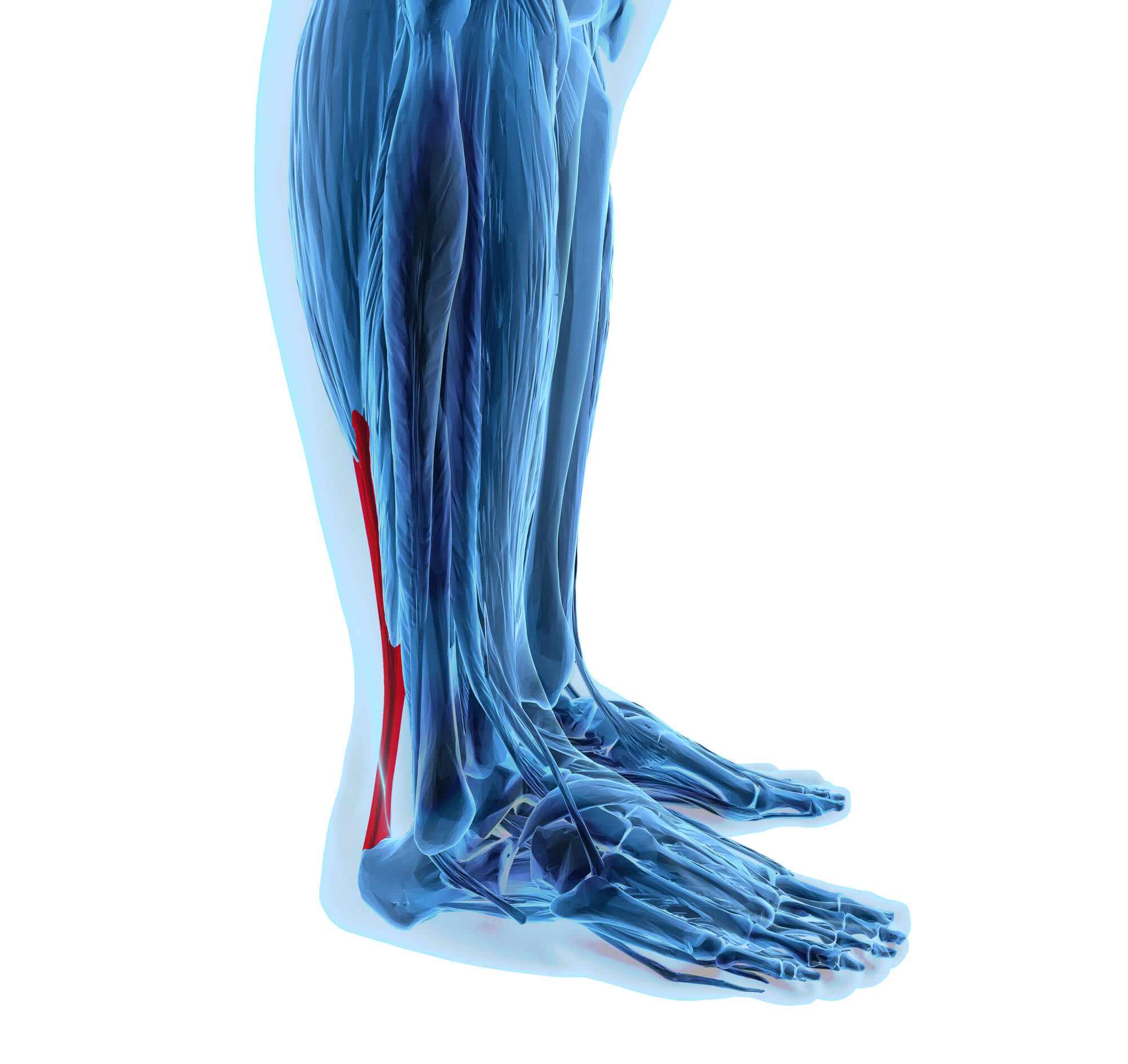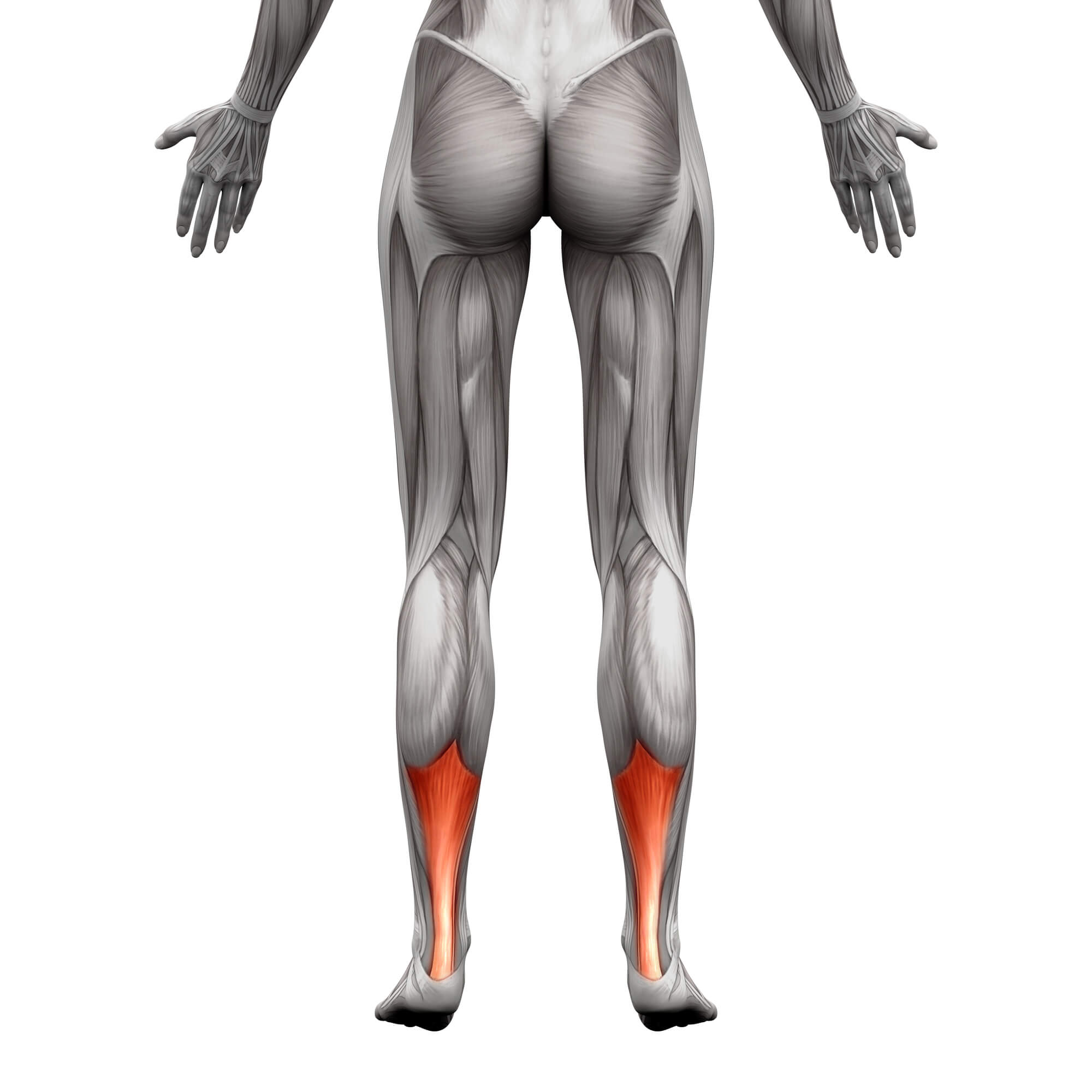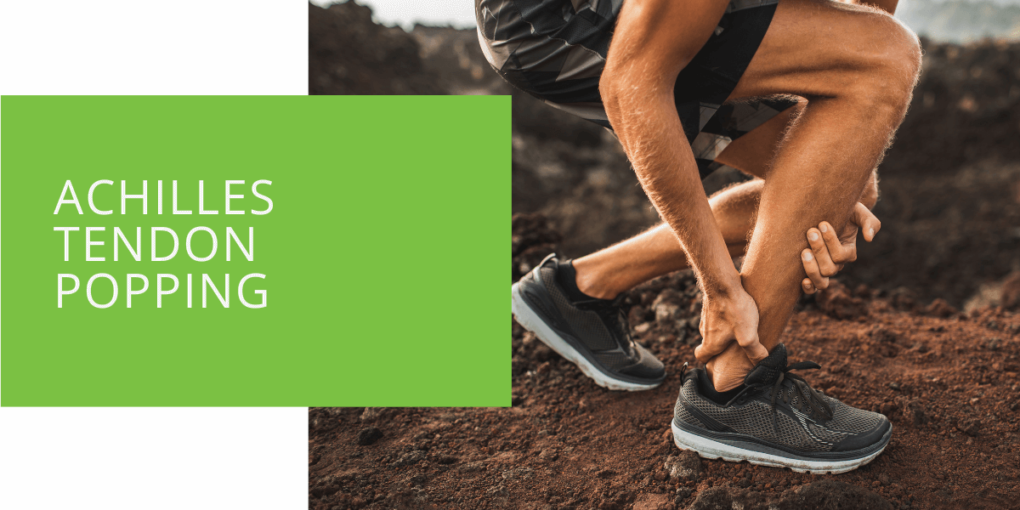Achilles Tendon Popping: Causes, Symptoms & Treatment
Achilles tendon popping can be alarming and uncomfortable, causing concern for individuals experiencing it. As a crucial component of lower limb movement, the Achilles tendon plays a significant role in various activities. This article will delve into the causes, symptoms, and effective treatments for Achilles tendon popping. Understanding this condition is vital for prompt diagnosis and appropriate management, ensuring a smooth recovery and minimizing the risk of further complications.
Understanding the Achilles Tendon
The Achilles tendon, the largest tendon in the body, connects the calf muscles to the heel bone. It facilitates foot movement during walking, running, and jumping. Its robust and flexible nature enables force transmission from the calf muscles to the foot, aiding propulsion and stability.
Common Causes of Achilles Tendon Popping
Overuse and Repetitive Strain
Overuse and repetitive strain on the Achilles tendon can lead to irritation and the sensation of popping. Activities such as running, jumping, and sudden increases in physical exertion can strain the tendon, causing microtrauma and subsequent popping sensations. To reduce the risk of overuse injuries, it is essential to incorporate rest days into training routines, gradually increase the intensity, and listen to your body's signals.
Tendon Inflammation and Tendinitis
Inflammation of the Achilles tendon, known as Achilles tendinitis, can be caused by popping sensations. Tendinitis is typically caused by repetitive stress or a sudden increase in activity level. It commonly manifests as pain and swelling near the heel bone. If left untreated, tendinitis can lead to degeneration of the tendon fibers, increasing the risk of further complications such as tendon rupture.
Tendon Subluxation or Dislocation
Tendon subluxation or dislocation refers to the abnormal movement of the Achilles tendon, resulting in popping sensations. This condition can occur due to various factors, including previous injuries, congenital abnormalities, or anatomical variations. The misalignment of the tendon may cause it to "snap" out of place during certain movements, leading to a popping sensation in the back near the heel.
Diagnosing Achilles Tendon Popping
If you experience popping sensations in the Achilles tendon, it is crucial to consult a podiatrist for an accurate diagnosis. The podiatrist will conduct a thorough physical examination, assessing the affected area for signs of inflammation, tenderness, or abnormal movement. In some cases, imaging tests such as ultrasound or MRI scans may be recommended to evaluate the extent of the injury and identify any underlying structural issues.

Treatment Options for Achilles Tendon Popping
Conservative Treatments
In most cases, conservative treatments are the first line of management for Achilles tendon popping. These treatments aim to reduce pain, promote healing, and prevent further damage. The RICE method (rest, ice, compression, and elevation) is commonly recommended to alleviate symptoms and reduce inflammation. Nonsteroidal anti-inflammatory drugs (NSAIDs) may also be prescribed to help reduce pain and swelling.
Physical Therapy and Rehabilitation
Physical therapy plays a crucial role in the treatment of Achilles tendon popping. A skilled physical therapist will develop a customized rehabilitation program that includes stretching and strengthening exercises to improve the flexibility and strength of the calf muscles and Achilles tendon. Manual therapy, ultrasound, and laser therapy may also enhance healing and reduce pain.
Surgical Interventions
Surgical intervention may be necessary if conservative treatments fail to provide relief or if the tendon is severely damaged. Tendon repair or tenodesis, a procedure involving the reattachment or transfer of the tendon, may be performed. The decision for surgery is made on a case-by-case basis, considering the severity of the condition and the individual's specific circumstances.

Preventing Achilles Tendon Popping
Prevention is key when it comes to maintaining the health of your Achilles tendon. By following these tips, you can reduce the risk of Achilles tendon injuries and popping sensations:
- Warm-up and Stretching: Before engaging in physical activities, ensure you warm up properly and perform dynamic stretches to prepare your muscles and tendons for the exercise.
- Gradual Progression: Avoid sudden increases in the intensity or duration of your physical activities. Gradually build up your training regimen to allow your body, including your Achilles tendon, to adapt and strengthen over time.
- Appropriate Footwear: Choose footwear that provides adequate support and cushioning for your feet. This helps reduce the impact on your Achilles tendon during movement.
- Cross-Training: Incorporate cross-training into your fitness routine to reduce the stress on your Achilles tendon. This can help prevent overuse injuries and promote lower limb strength and flexibility.
- Listen to Your Body: Pay attention to any pain or discomfort in your Achilles tendon. If you experience persistent or worsening symptoms, it's important to seek medical attention promptly to prevent further damage.
Conclusion
Achilles tendon popping can be a concerning and uncomfortable experience. Understanding the causes, symptoms, and treatment options is essential for effectively managing this condition. You can reduce pain, promote healing, and prevent further complications by seeking timely medical evaluation and following the recommended treatment approaches, including conservative measures and physical therapy. Remember to prioritize prevention by incorporating proper warm-up, gradual progression, and appropriate footwear into your physical activities. Your Achilles tendon plays a crucial role in your mobility, so take care of it to enjoy a pain-free and active lifestyle.
Remember, if you experience any symptoms or concerns related to your Achilles tendon, it's always best to consult a qualified healthcare professional, such as a podiatrist, who can provide accurate diagnosis and personalized treatment recommendations.

